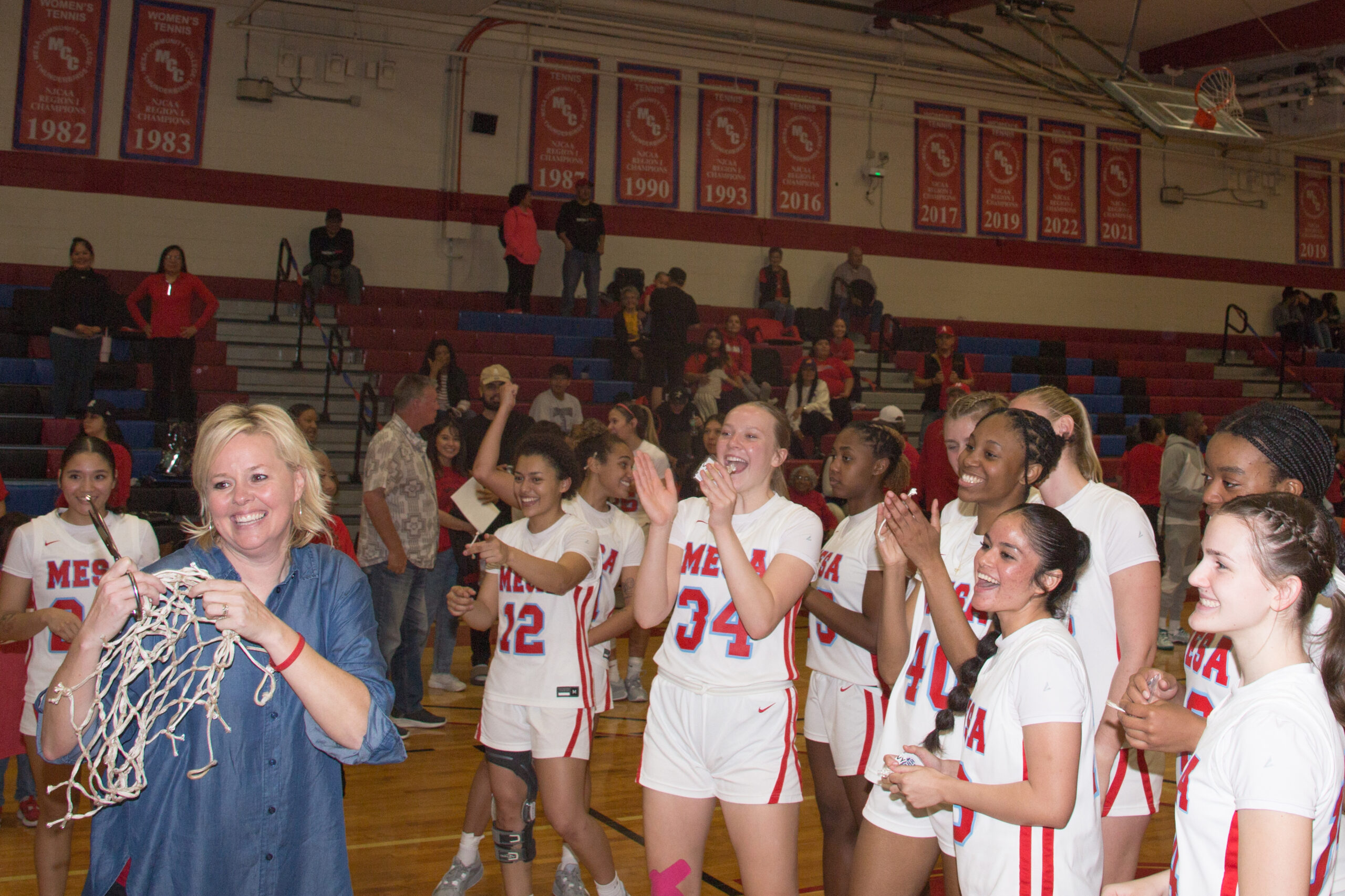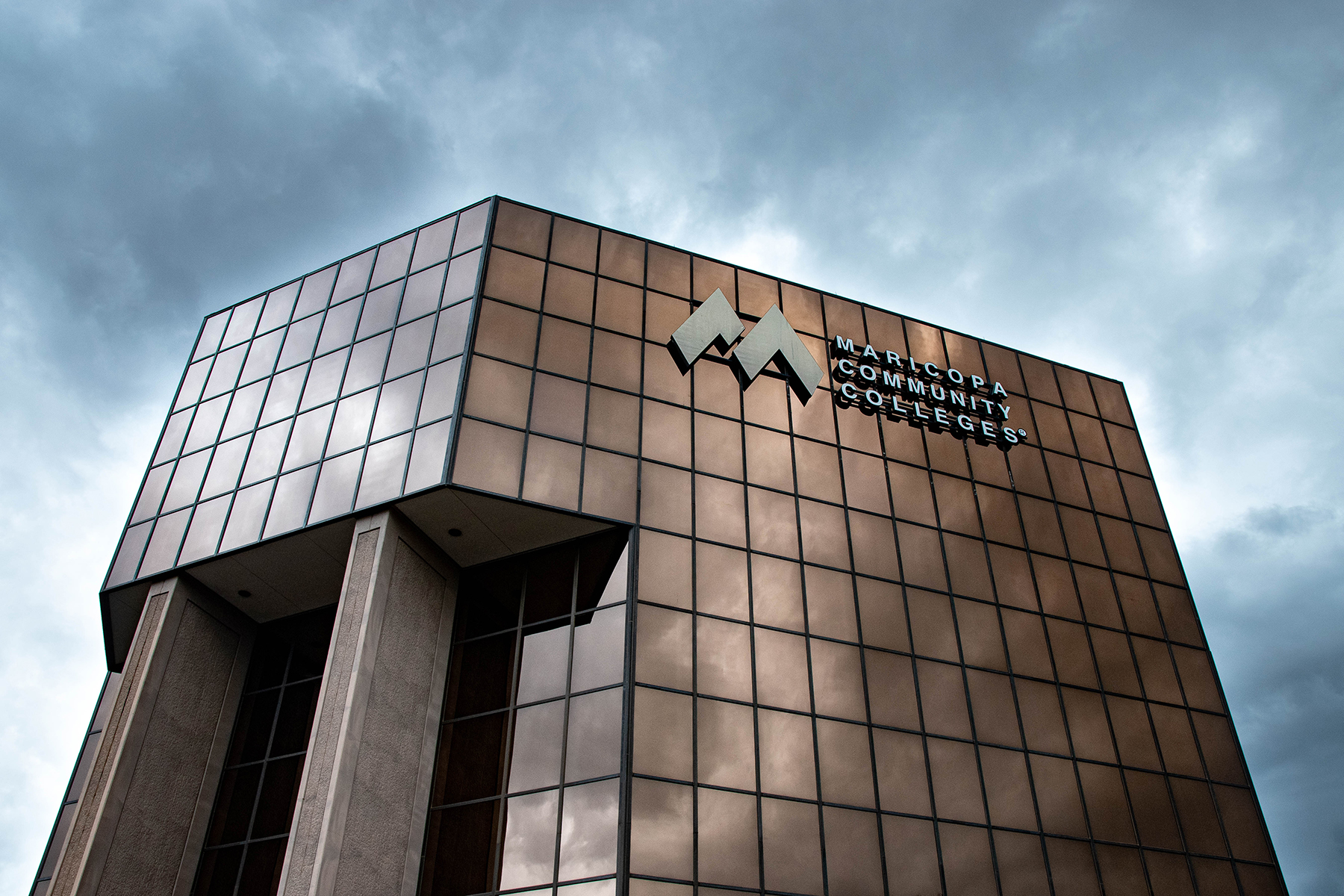Students and faculty at MCC react to Biden’s debt relief plan
The Biden Administration’s recent student debt relief plan has left faculty and students at MCC with mixed opinions despite forgiveness of up to $20,000 for borrowers. Former MCC students Ryan Mayberry and Rebekah Atkinson, along with faculty member Brian Dille, shared their beliefs on the resolution.
A student at MCC from 2018 to 2020, Atkinson did not have loans to pay off after her graduation from Arizona State University.
“I went for scholarships so that way the money was given to me, I earned it, rather than borrowed,” she stated.
Atkinson understands the benefits of the relief plan, but believes that not everyone necessarily deserves to have their debts forgiven.
“It’s kind of like, do we forgive people who didn’t care [about school]?” Atkinson asked. “People who did do well with their student loan forgiveness should be rewarded … so I think something more like that, rather than rewarding poor behavior with student loans and ignorance with student loans.”
Ryan Mayberry, an MCC student in 2019, knows several people that have student loans and feels the current version of the plan is a good start but does not provide enough financial assistance to borrowers and that more could be given.
“When tuition is $70,000 a year and you’re getting $10,000, plus … you have $400 books for six classes that adds up to another $2,400. I feel that’s not too beneficial,” he said. “Given the fact that out-of-state tuition triples or quadruples for students, $10,000 is really nothing.” Mayberry said
Both Atkinson and Mayberry note that students who do well in school and work towards their degree should be rewarded by this program to incentivize success.
“Those who choose to just bypass the system and take advantage should not get that benefit of going to college for free and wasting tax funds,” Mayberry stated.
Atkinson echoed this sentiment, “If it was a more hardcore application and evaluation process, I think I’d be more on board with it.”
Brian Dille, a political science professor and faculty member in the social sciences department at MCC, expressed that one potential drawback of the plan stems from the potential consequences that students may face.
“The biggest [drawback] politically is moral hazard,” he stated. “If you reduce the cost of doing something that’s negative, more people will do it.”
Dille continued, “The concern is that by forgiving a bunch of loans, that it will encourage young people to take on more loans than they should with the expectation that they’ll get bailed out 10-20 years from now.”
The professor had taken out loans during college himself and recognized that students who have received these relief funds should not be vilified.
“My Facebook blew up with people who are upset that young kids are getting a break that I didn’t get, and I don’t buy that.”
Dille ultimately believes that other solutions proposed by the Biden Administration to support students would be preferable to loan forgiveness, such as the president’s desire to double the maximum Pell Grant.
“Doubling the Pell Grant I think is necessary because the costs of college have risen higher than the Pell Grant has,” Dille asserts. “I couldn’t have gone to school without a Pell Grant. I really worry that younger people now don’t get the same opportunity I got because [the current] Pell Grant won’t cut it.”
The debt relief plan continues to provide students with relief of up to $20,000 for those with Pell grants and $10,000 for those without. The Biden Administration’s resolution has also halted payments for these debts until December 2022.











